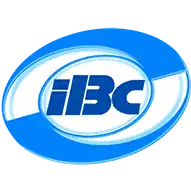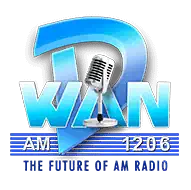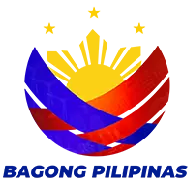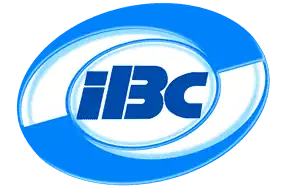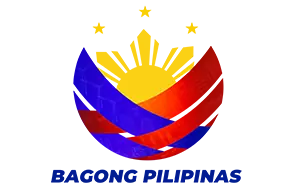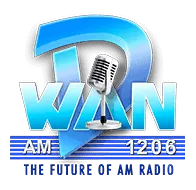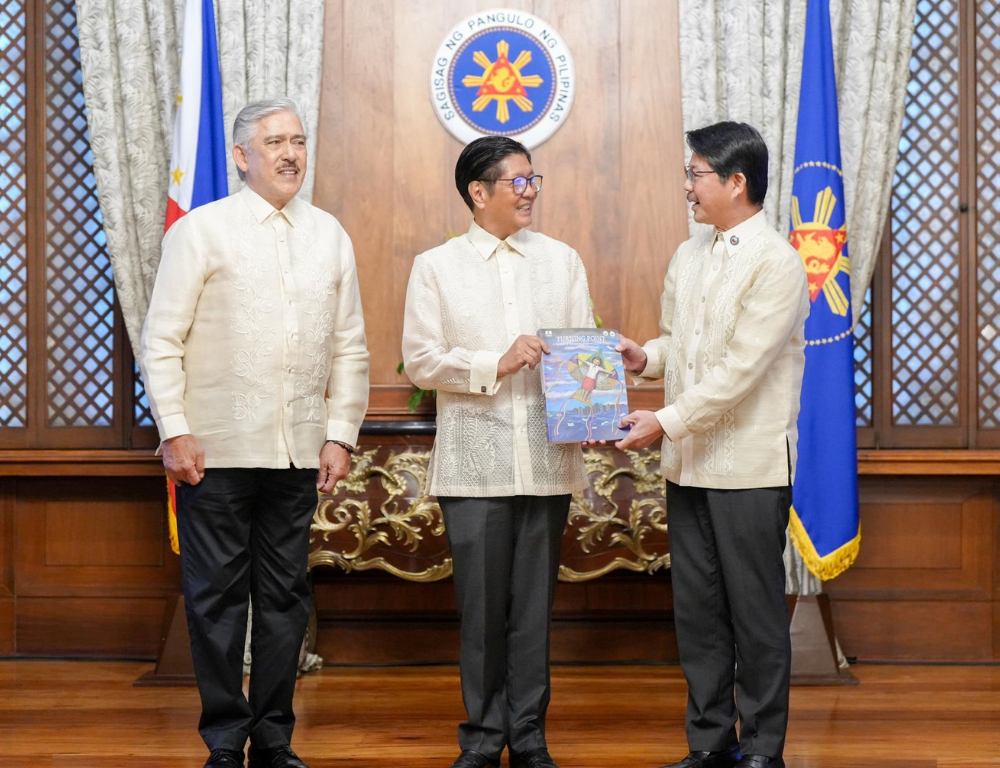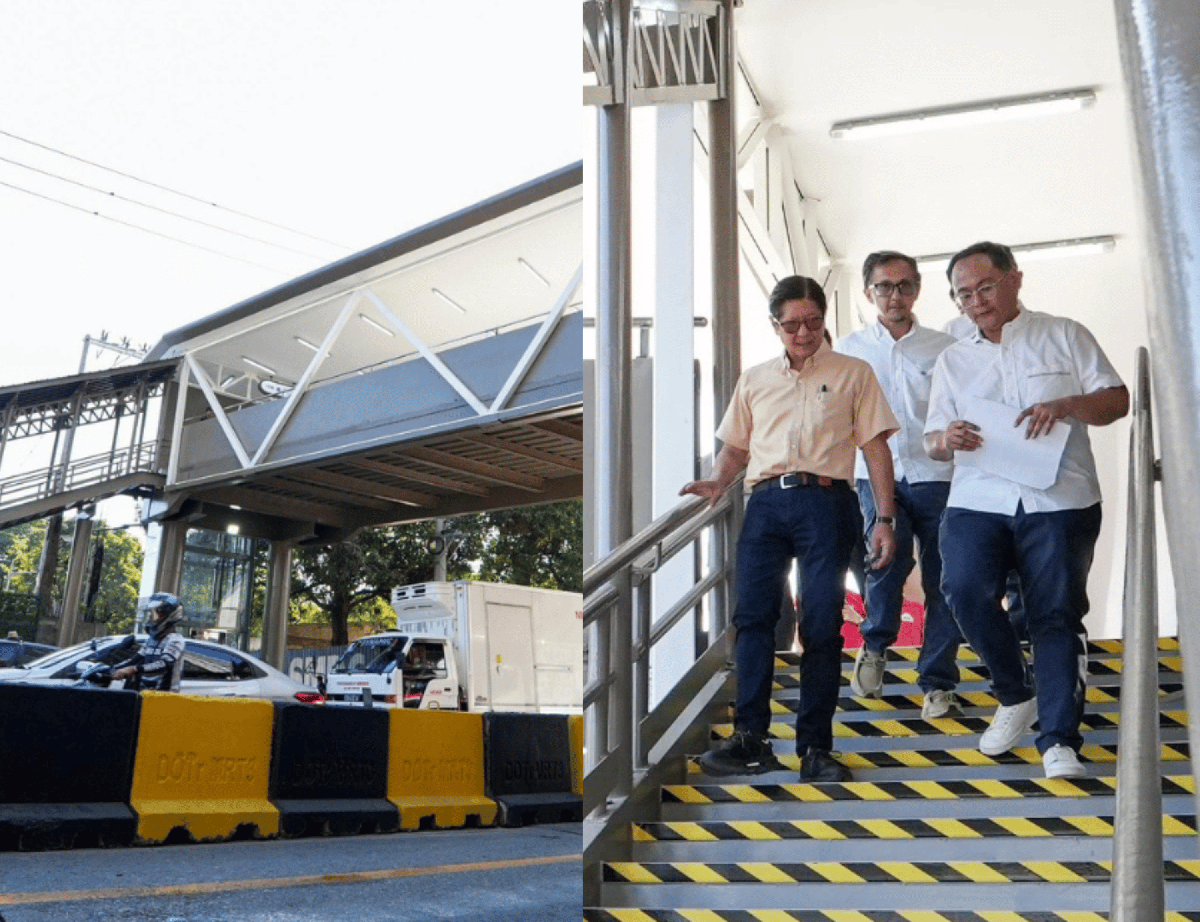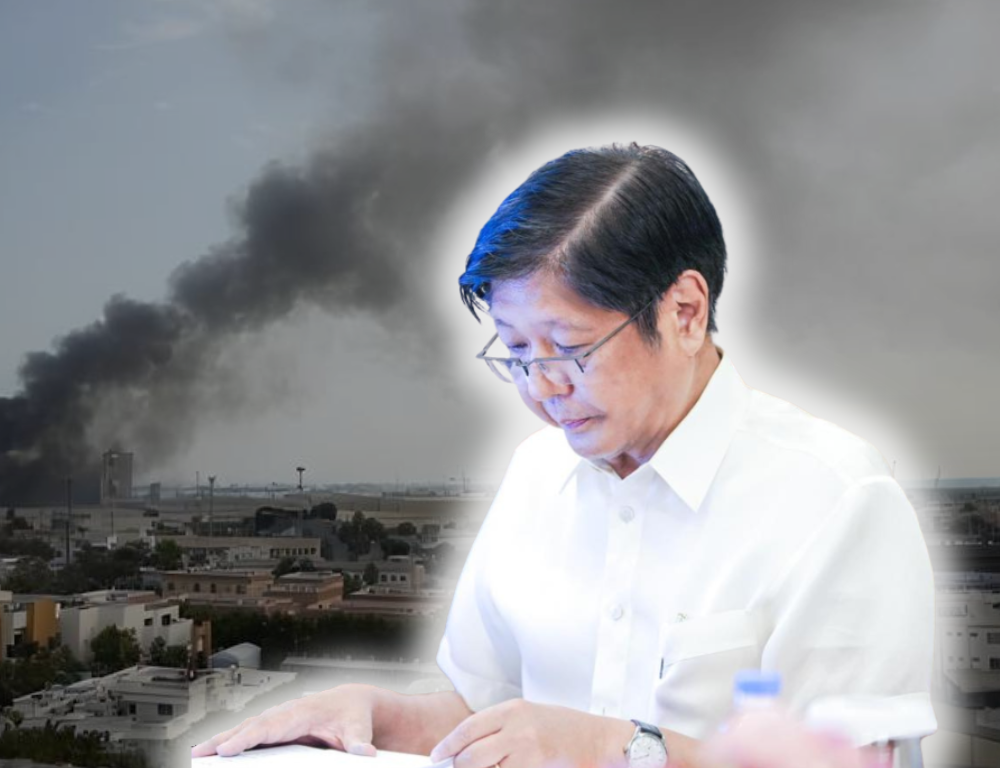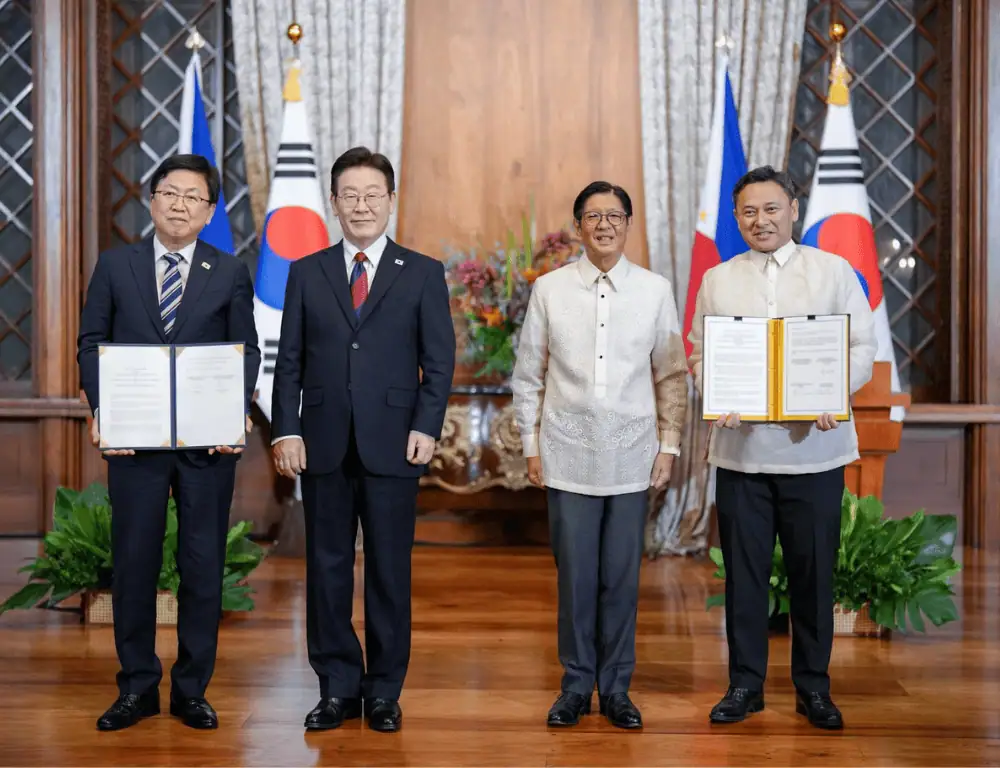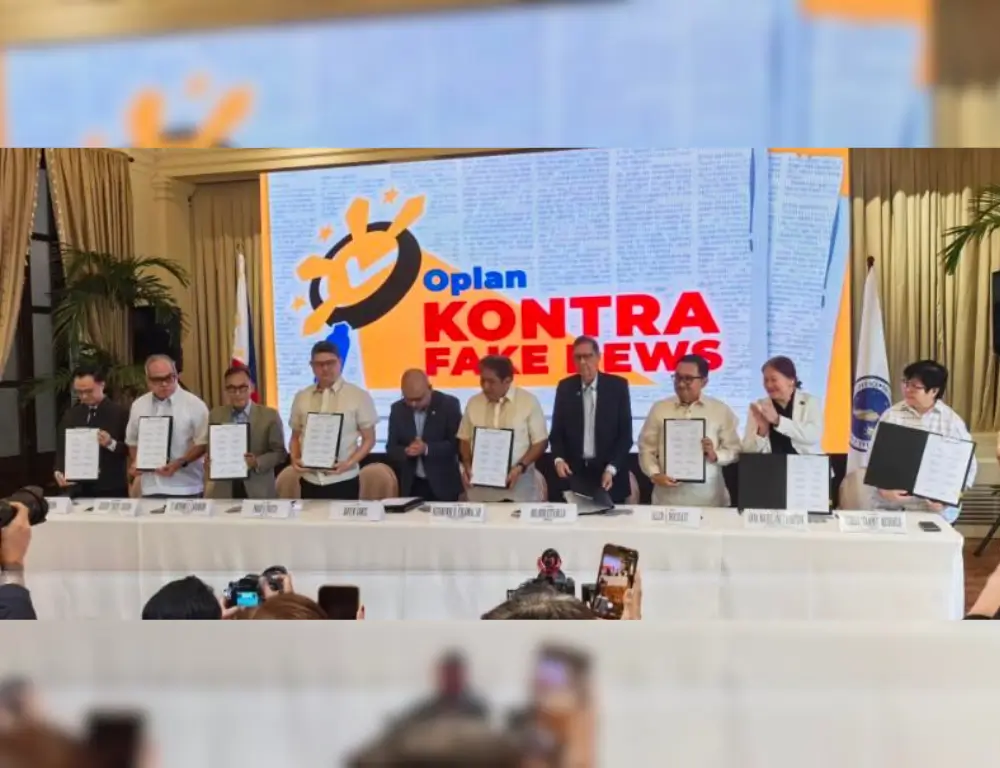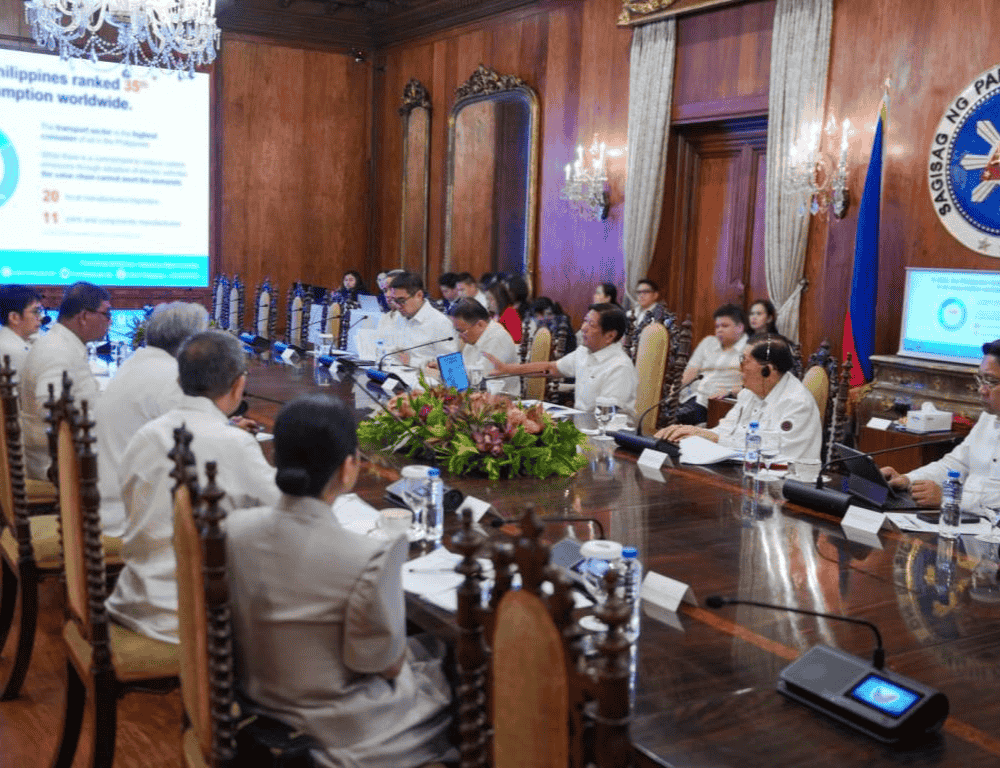
President Ferdinand R. Marcos Jr. wants enhanced initiatives to boost the country’s e-mobility industry as he stressed the need to provide incentives to attract more investors.
President Marcos met with officials of the Department of Science and Technology (DOST) and concerned agencies in Malacañang on Tuesday.
Discussed were the government’s efforts to develop and sustain the Philippine e-mobility industry through science, technology, and innovation.
“We’re always running into the same problem – it’s the scaling. Production design. Then the investment. How do we (attract investments) … ‘Yun ang pinaka-hardest part of this eh. A high school science student can design an e-trike. walang problema ‘yun because again the technology is so simple, so well-understood. But it’s the scaling,” the President said.
“We need investors to come in. Of course we’ll provide incentives from the government. That’s what we need to do. We need incentives for investors to come in. Hopefully local. But we’ll take anybody who’s interested. But then they will have to undertake the production design to scale it up to a level to actually make a difference to the market,” he added.
DOST Secretary Renato Solidum Jr. said based potential investors are just waiting for policy statement from the government.
Manufacturers and fabricators are also waiting for a government policy, the DOST chief said, stressing the e-mobility industry will create more jobs on maintenance, after-sales service and other services.
In terms of government policy, the Department of Trade and Industry (DTI) is creating a strategic roadmap under the Electric Vehicle Industry Development (EVIDA) to formulate policies and come up with possible incentives to support e-vehicles.
Another initiative is by working with locally owned ToJo Motors to figure out the necessary policies to make it conducive for locally manufactured e-vehicle, specifically e-trikes and e-jeepneys to operate in the Philippines.
In terms of production, Solidum told the President that e-trikes will soon be mass produced in Isabela, noting many customers are waiting for electric trikes in the market.
Officials in General Santos City, along with tricycle operators, are also interested, Solidum said. Local agri-machinery manufacturers could help speed up trike production, he added.
The DOST has been pursuing initiatives across the EV value chain, prioritizing local expertise and designs. It’s also implementing an e-mobility program map, which includes the conversion of conventional tricycles and buses into electric ones.
The DOST has developed a hybrid electric train and an electric boat, he said.
As of Oct. 18, there are 25,196 registered e-vehicles (EVs) and 705 EV charging stations (EVCS) in the country, with 92 accredited EVCS providers. Those providers generated 10,407 new jobs and some PhP1.99 billion in investments. (PCO)
